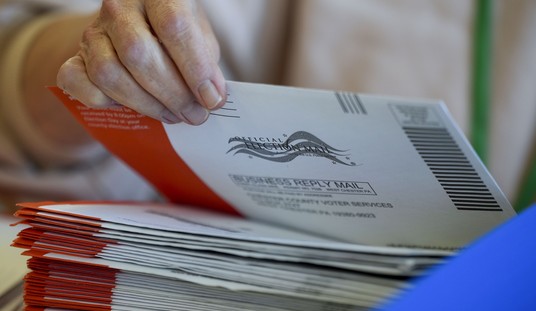The Congress granted “fantasy sports” (betting on individual player outcomes, instead of team outcomes) an exemption to federal anti-gambling laws. The natural outcome of this was that fantasy sports gambling would be refined into a lively market, and that’s what we got the daily fantasy sports (DFS) world.
We’ve now learned that one of the top DFS sites was breaking one of the cardinal rules of being a sports book, essentially cheating its customers. The usual gambling lobbyists will call for regulation. But that’s wrong. In the case of cheating and fraud what we need is prosecution not regulation.

I won’t often praise a New York Attorney General. That office is commonly used for grandstanding. But prosecuting DraftKings is right here. They cheated their customers and they should be prosecuted. Let me explain how that is.
Daily Fantasy Sports works at a basic level like all other forms of sports gambling. The sports book is set to get its cut no matter who wins. The way gamblers win is to choose well enough to get an edge over the rest of the bettors. It’s difficult, but doable when the books are honest. This makes DFS a huge draw for people who want to show how smart they are, and want to make ‘easy money.’
What happened at DraftKings is that their employees took advantage of their customers by pulling up the data of how they were betting, and used that information to compete with their own customers. Yes, DraftKings employees were betting, using that insider knowledge, on the competing site FanDuel. Incredibly enough, DraftKings had no policy against its employees betting on FanDuel or other competing DFS sites.
In Daily Fantasy Sports, being able to know how everyone else is betting is a leg up. If you also know the bets of winning bettors, the players with an edge over everyone else, then that’s another advantage. It doesn’t take a lot of skill to use all of that information to find market inefficiencies, exploiting them, as well as reducing the edge of those winning bettors by getting in on their choices. This is what DraftKings did, and that’s cheating, even though their actual wagers were made on competing sites. The pros among their customers, like all sports bettors will be looking to get bets down on as many sites as they can, so DraftKings was actively scamming its own customers by using their customers’ own skills against them.
This isn’t a problem of regulation. This is a problem of honesty. Regulation won’t make the dishonest, honest. Prosecution will punish the dishonest, and create incentives for honesty.
Look at poker. All the regulators in the world haven’t stopped poker from being full of pond scum trying to cheat each other. Every online poker room that scammed its customers, including Full Tilt Poker (before the buyout by PokerStars), UltimateBet, and Absolute Poker, was licensed by a gambling body. Critics claim those regulators weren’t effective, but that proves my point: regulation doesn’t work. Putting people in jail, confiscating the dishonestly obtained money, and giving it back to the victims, does work.
Photo by Scott Moore on flickr













Join the conversation as a VIP Member